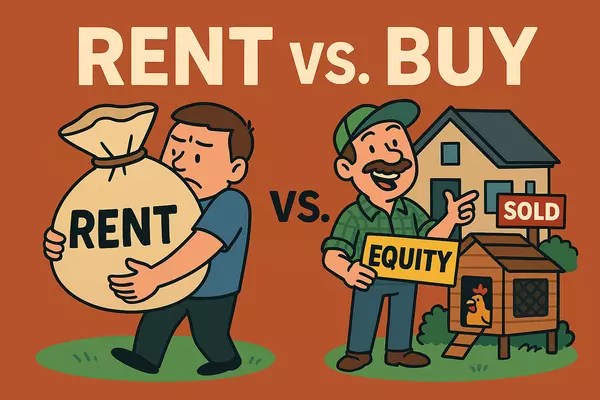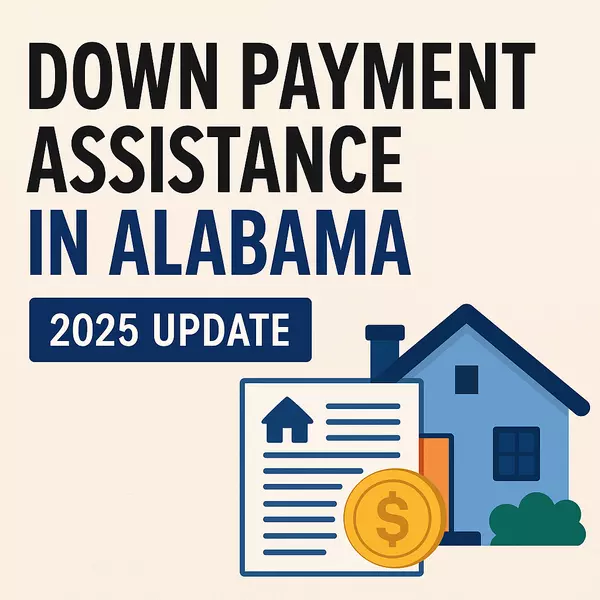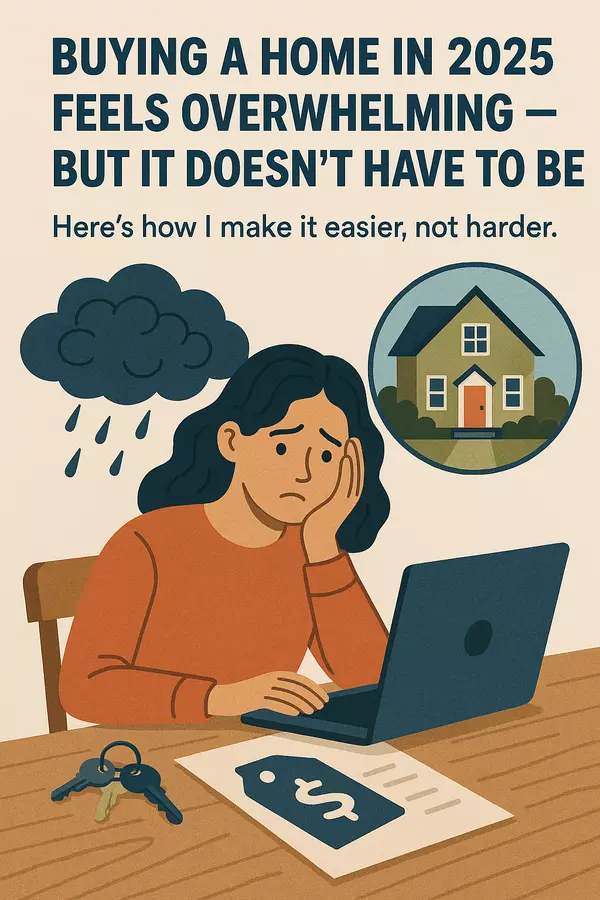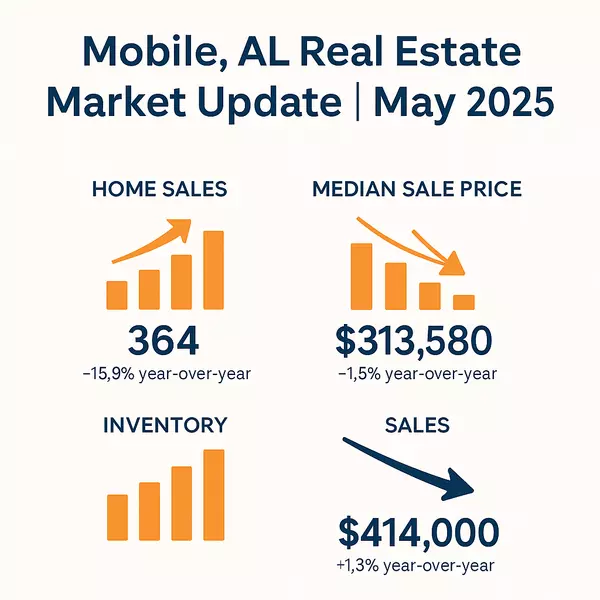Market Update for March 2025

As we delve into the market dynamics of March 2025, several key trends are emerging that are shaping the real estate landscape. This month’s analysis draws on economic indicators such as Gross Domestic Product (GDP) and Personal Consumption Expenditures (PCE), which provide valuable insights into consumer behavior and the broader economic environment.
Recent data indicates a notable shift in consumer behavior from spending to saving. In the wake of economic uncertainty, many consumers are prioritizing their financial security, leading to a decline in discretionary spending. This trend is reflected in the latest PCE figures, which show a decrease in consumer expenditures over the past few months. As individuals and families tighten their budgets, this shift is beginning to influence various sectors of the economy, including real estate.
The GDP growth rate has also shown signs of moderation. While the economy expanded at a robust pace last year, recent forecasts suggest that growth may slow down as consumers become more cautious with their finances. The current GDP growth rate stands at approximately 2.1%, a slight dip from previous quarters. This slowdown can be attributed to several factors, including rising interest rates and inflationary pressures that have made borrowing more expensive for potential homebuyers.
In light of these economic indicators, it’s essential to examine how they impact the real estate market. Historically, real estate has been viewed as a stable investment, but current trends suggest that buyers are becoming more discerning. With increased uncertainty surrounding job security and inflation affecting purchasing power, many prospective homeowners are opting to delay their home-buying decisions.
Investors in the real estate sector should take note of these shifts in consumer behavior. As potential buyers prioritize saving over spending, there may be an increase in demand for rental properties rather than home purchases. This presents an opportunity for real estate investors to pivot their strategies towards multi-family units or single-family rentals, catering to those who prefer flexibility during uncertain times.
Moreover, with higher mortgage rates continuing to challenge affordability for first-time buyers, we may see a growing trend toward renting rather than buying. According to recent reports from the National Association of Realtors (NAR), rental vacancy rates have decreased as demand for rental properties increases. Investors who can capitalize on this trend by acquiring rental properties in high-demand areas could see significant returns.
Additionally, commercial real estate is also feeling the effects of shifting consumer habits. As businesses adapt to changing consumer preferences—particularly with remote work becoming more prevalent—demand for office space is evolving. Many companies are re-evaluating their need for large office footprints and are opting for flexible workspaces or hybrid models that require less physical space. Investors should consider diversifying their portfolios by exploring opportunities in co-working spaces or mixed-use developments that cater to this new norm.
Another area worth noting is the impact of technology on real estate transactions. With consumers increasingly relying on digital platforms for information and services, real estate professionals must embrace technology to stay competitive. Virtual tours and online listings have become essential tools for attracting potential buyers and renters who may prefer conducting their searches from home.
In conclusion, as we navigate through March 2025, it’s clear that shifts in consumer behavior towards saving rather than spending are reshaping the real estate market landscape. Economic indicators such as GDP and PCE reflect a cautious approach among consumers influenced by rising costs and uncertainty about future financial stability.
For investors and industry professionals alike, understanding these trends is crucial for adapting strategies accordingly. Focusing on rental properties may offer lucrative opportunities as more individuals choose renting over buying due to affordability concerns. Additionally, embracing technology will be vital for engaging with today’s consumers effectively.
As always, staying informed about market trends will empower stakeholders within the real estate sector to make sound decisions amid changing economic conditions. The coming months will undoubtedly bring further developments; thus, continuous monitoring of both macroeconomic factors and consumer sentiment will be essential for success in this evolving landscape.
Categories
Recent Posts










